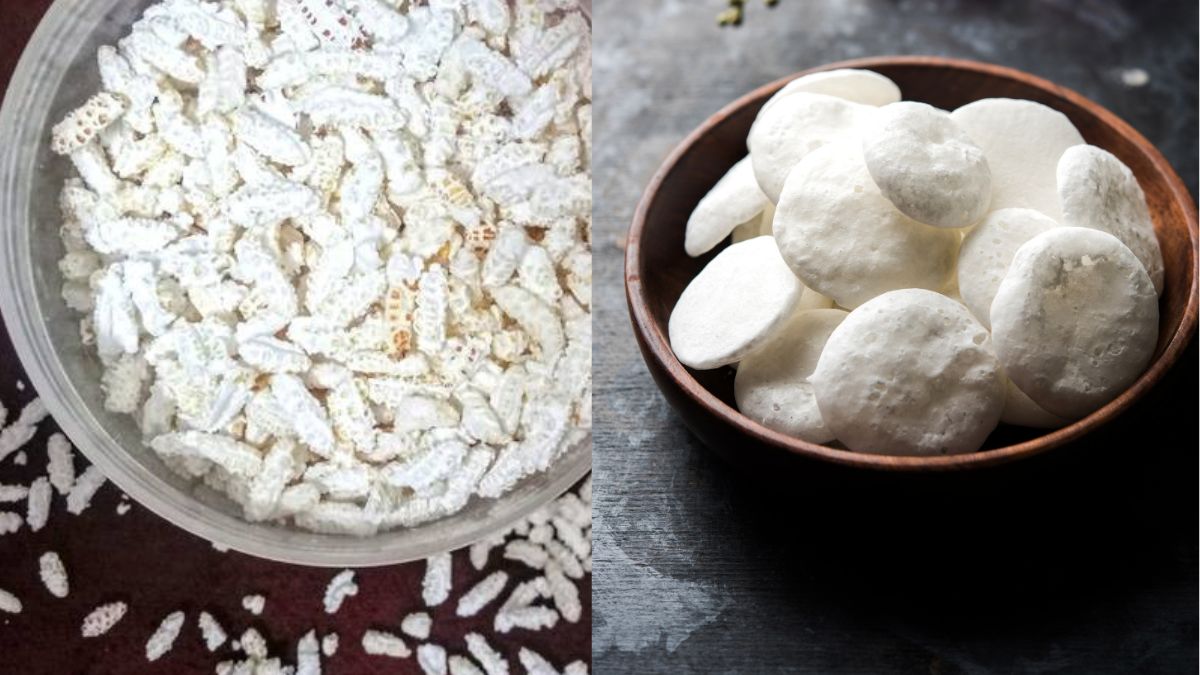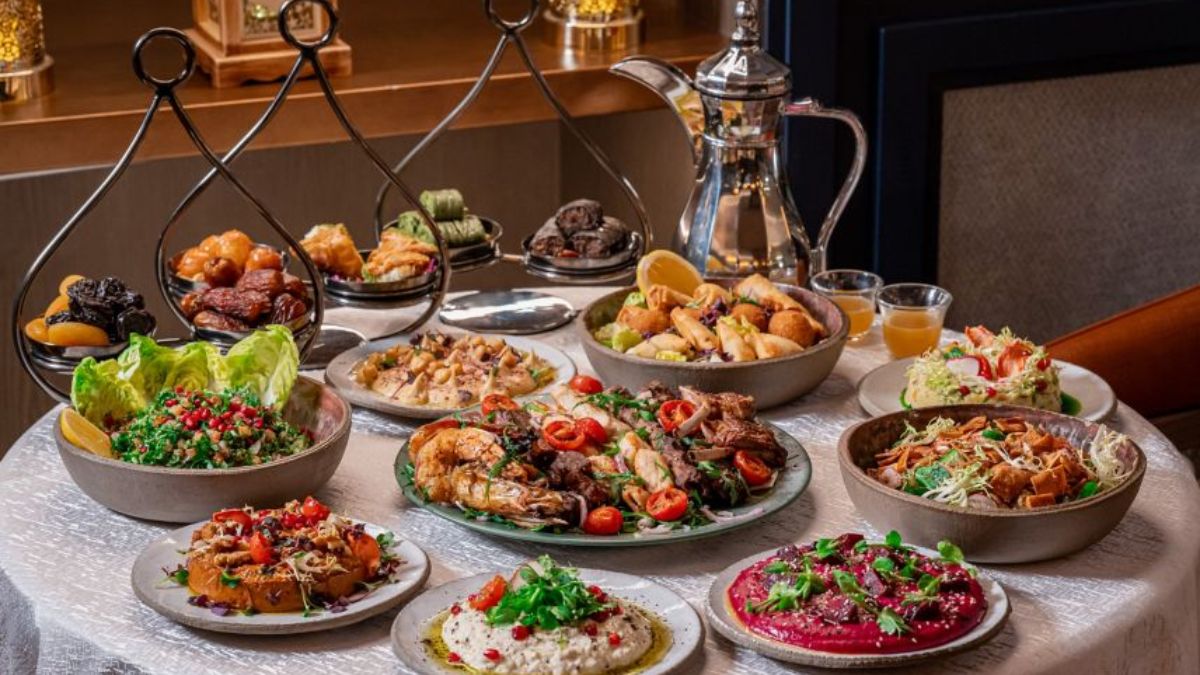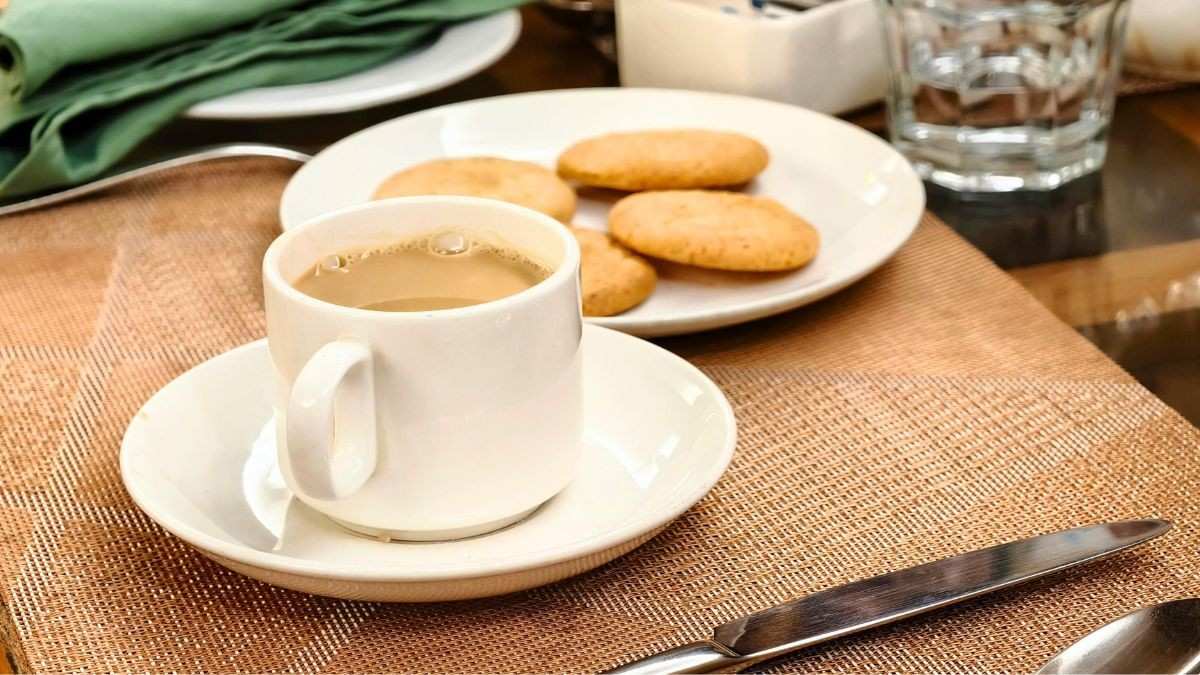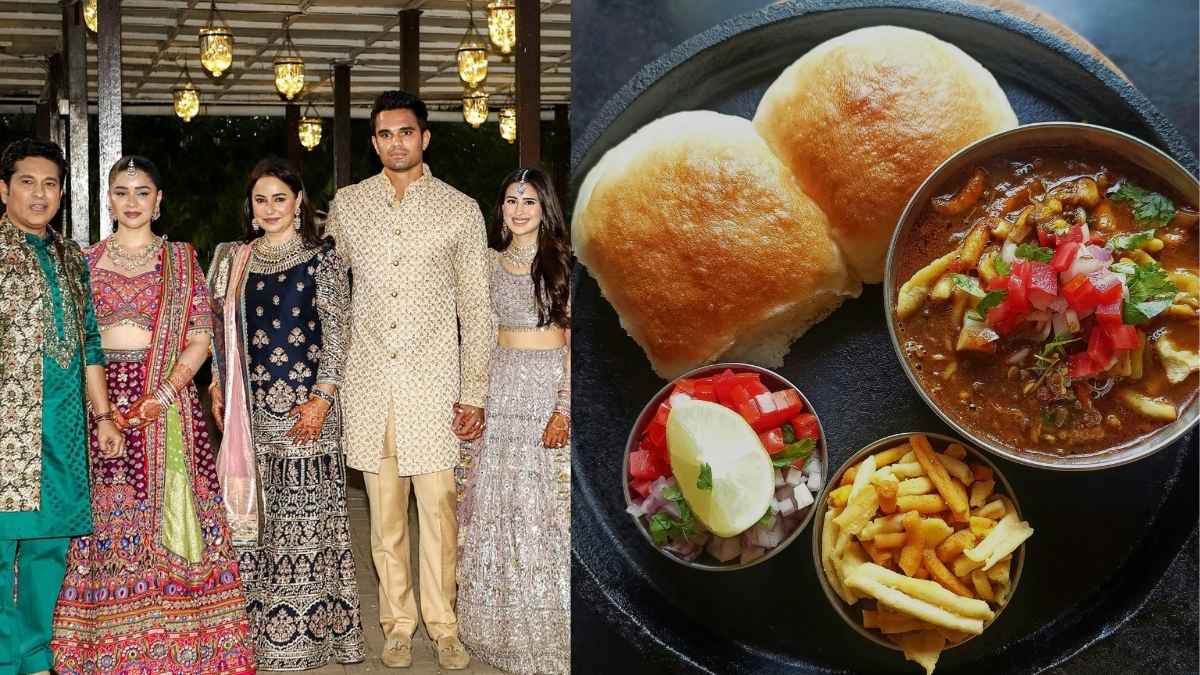The evolving landscape of traditions reflects the dynamic nature of culture and the continuous effort to preserve and cherish. Among these traditions, Kheel and Batashe, though not as prevalent in contemporary celebrations, used to bear a unique cultural relevance during Diwali. With the shopping and catering industries exploding as the ‘Diwali party’ season begins, many age-old customs appear to have taken a back place. The same goes for Kheel and Batashe.
What Is The Kheel & Batashe Tradition?
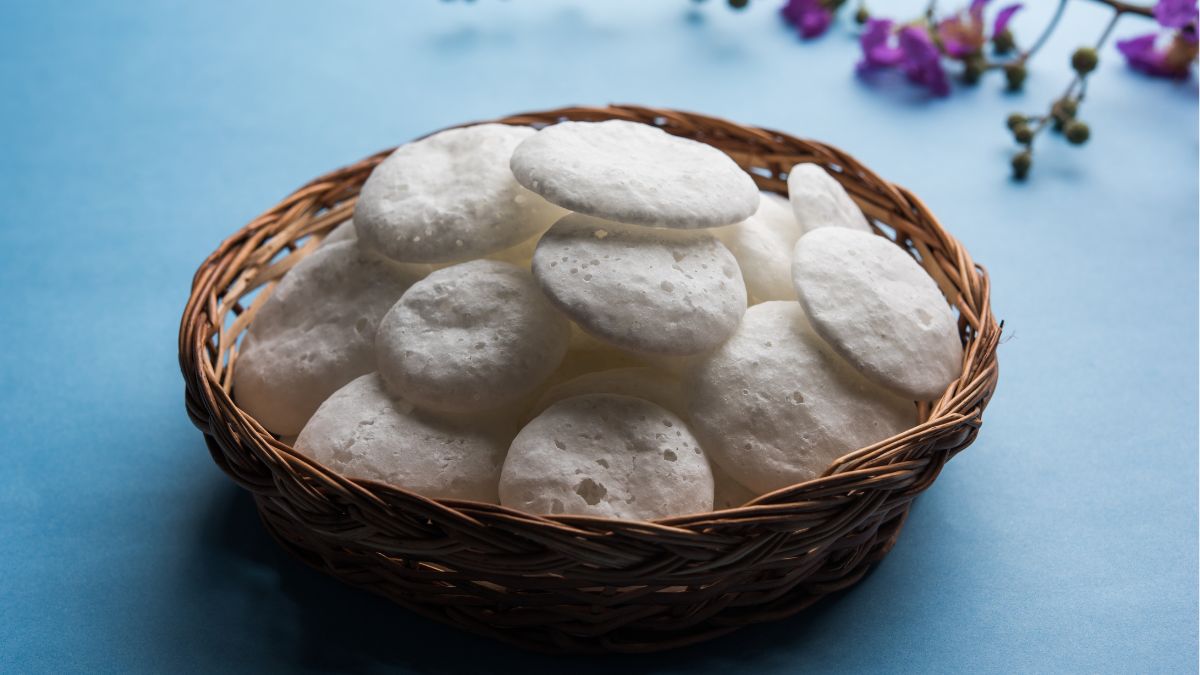
The Kheel and Batashe tradition is an integral part of Diwali in some regions of India, particularly in the northern states like Uttar Pradesh and Bihar. Kheel refers to puffed rice, and Batashe are sugar confections exchanged among friends, family, and neighbours during Diwali. This tradition is rooted in both cultural and historical significance.
Diwali is also celebrated during the Kharif harvest season. That means it occurs between October and November, around the end of the Monsoon season. This produces sugar and rice, both of which are required for the Diwali celebrations. Rice kheer is one of the best Diwali desserts that honours the two most popular components in Indian cooking. For the same reason, kheel batashe is kept for Lakshmi Puja.
The charm of Kheel and Batashe during Diwali lies in their simplicity and the emotions they evoke. These traditional treats carry a nostalgia that harks back to a bygone era.
Several factors can be attributed to the decreasing appearance of Kheel and Batashe during Diwali festivities. One significant cause is the altering culinary environment, as well as the introduction of modern, professionally made sweets and snacks. With a plethora of candy and snack options on the market, traditional delicacies like Kheel and Batashe have taken a back seat. They are unable to compete with the convenience and variety provided by commercial alternatives.
Also Read 68 Delicious Diwali Food Hampers To Treat Your Loved Ones To A Festive Feast!
The Significance & Charm Still Lingers
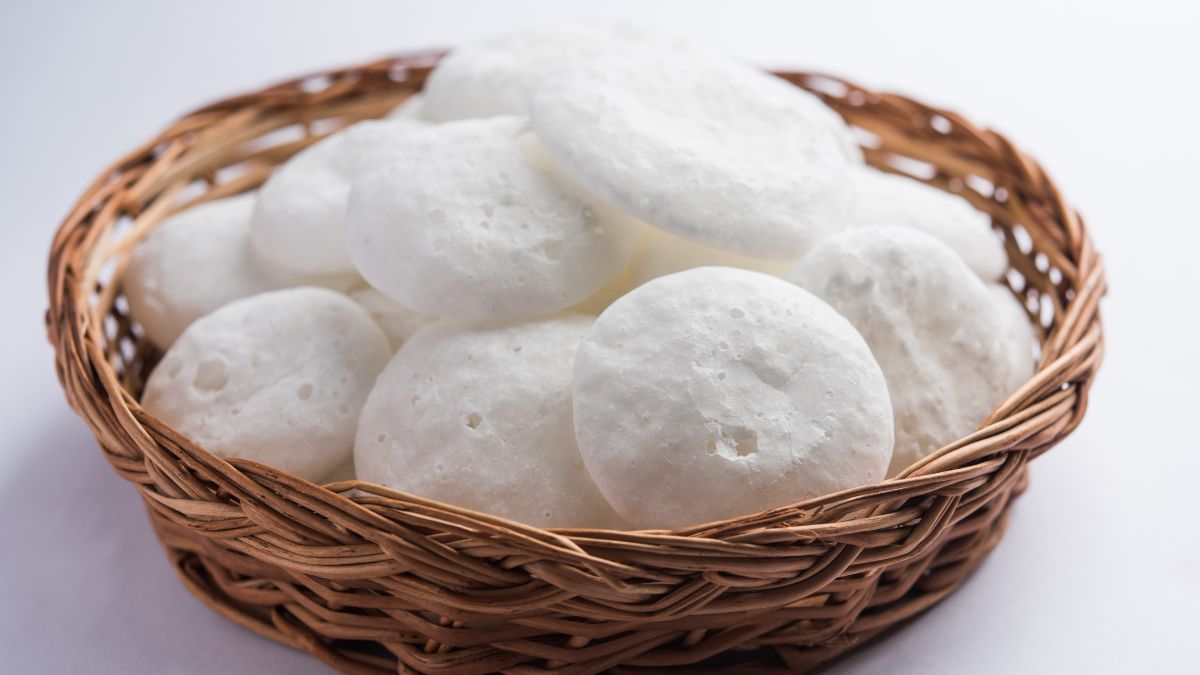
Furthermore, changes in lifestyle and preferences have aided in this fall. The ease of store-bought snacks and sweets sometimes exceeds the nostalgic significance associated with these classic pleasures in today’s fast-paced society.
Despite these shifts, the significance and charm of these during Diwali remain undeniable. The act of sharing these homemade delicacies holds an emotional connection that fosters a sense of community and togetherness. In traditional Indian households, making Kheel and Batashe was a collective activity, bringing families together to prepare these treats in anticipation of the festival.
The nostalgia associated with Kheel and Batashe during Diwali transcends the realm of taste. The charm and nostalgia of Kheel and Batashe during Diwali lie not only in their taste. But in the emotions, memories, and cultural values they encapsulate. As Diwali evolves with time, the spirit of traditions may no longer shine as brilliantly in modern celebrations.
The efforts to revive these traditions are crucial in preserving the cultural identity and cherished memories. So, which tradition are you reviving this Diwali?
Cover image credits: Canva
For more such snackable content, interesting discoveries and the latest updates on food, travel and experiences in your city, download the Curly Tales App. Download HERE.
Good news! We are on WhatsApp! Subscribe to Curly Tales WhatsApp Channel to stay up-to-date with exclusive content and BTS. Join HERE.
First Published: November 10, 2023 3:03 PM
